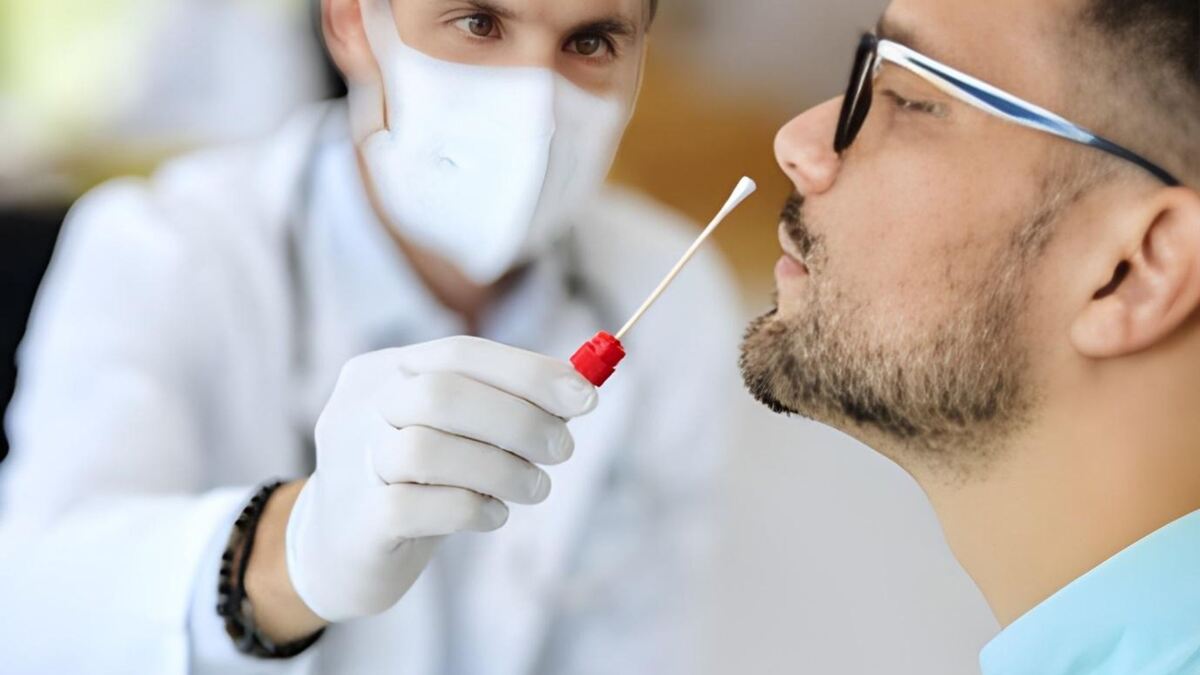Imagine being able to find out that someone is sick even before they start feeling unwell. Think about how much faster doctors could treat people or stop a disease from spreading. This is becoming possible because of a type of test called the high-sensitivity PCR test. This test can detect tiny amounts of viruses or bacteria that other tests might miss. It has the power to change how doctors and scientists find and treat illnesses.
Why Sensitivity Matters in Testing?
To understand why this test is important, we need to know what sensitivity means in testing. Normal tests can sometimes fail to catch diseases in the early stages. This can let the disease get worse or spread to others without being noticed. A high sensitivity PCR test is different because it can detect very small amounts of a virus or bacteria. This makes it much less likely to give a false negative, which is when a test says a person is healthy but they are actually sick.
Detecting Infections Before Symptoms Appear
High-sensitivity PCR tests are especially helpful for people who do not show any symptoms. Many diseases, including viruses, can spread even when someone does not feel sick. Traditional tests might miss these cases. A high sensitivity PCR test can detect infections at a very early stage, helping doctors prevent the disease from spreading. This could change how we handle outbreaks, treat patients, and even stop epidemics before they start.
The Role of RT PCR Data Analysis
Another key part of this testing is RT PCR data analysis. PCR tests give a lot of information, but raw data can be hard to understand. RT PCR data analysis helps scientists and doctors make sense of the numbers. It can show how much virus is present, how an infection is changing, and even help track the spread of a disease. By analyzing this data, doctors can make better decisions about treatments, quarantine measures, and public health policies.
Changing Hospital and Clinic Practices
High-sensitivity PCR tests could also change how hospitals and clinics work. Right now, diagnosing a disease often takes time. Doctors might rely on symptoms, imaging, and regular lab tests. These methods can sometimes be slow or unclear. By using high sensitivity PCR tests, doctors can get faster and more accurate results. This allows them to treat patients sooner, reduce hospital stays, and avoid unnecessary treatments.
Beyond Infectious Diseases
These tests are not just useful for infections. They could also help detect cancer earlier. Tumor DNA or RNA may be present in very small amounts in the blood during the early stages of cancer. Standard tests might not catch it, but a high-sensitivity PCR test can. Detecting cancer early can save lives because doctors can start treatment sooner.
Challenges and Ethical Considerations
However, there are some challenges. Highly sensitive tests might detect small amounts of a virus or bacteria that do not actually cause illness. This can lead to overdiagnosis or unnecessary worry. The accuracy of these tests also depends on careful RT PCR data analysis and proper handling of samples. It is important for labs to follow strict rules and have trained staff to make sure the results are correct.
Ethics are also important. As tests become more sensitive, it is important to think about privacy, consent, and how much information people should know about their health. Knowing about a possible illness early can be helpful, but it can also be stressful. Doctors, scientists, and patients need to balance the benefits of early detection with the emotional impact of knowing about a potential disease.
FAQs
1. What is a high sensitivity PCR test?
It is a test that can detect very small amounts of viruses or bacteria, even before a person shows symptoms.
2. How does it differ from regular PCR tests?
High-sensitivity PCR tests can find infections earlier and are less likely to miss diseases that are present in low amounts.
3. What is RT PCR data analysis?
It is the process of studying the results from a PCR test to understand how much virus is present, how an infection is changing, and how to treat it.
4. Can high sensitivity PCR tests detect cancer?
Yes, they can sometimes detect cancer earlier by finding small amounts of tumor DNA or RNA in the blood.
5. Are there any risks of using these tests?
Yes, they might detect infections that would not cause illness, which can lead to worry or unnecessary treatment. Proper data analysis and lab practices are important.
The Future of Diagnostics
Despite these challenges, the benefits of high-sensitivity PCR testing are clear. Detecting diseases early, providing more accurate diagnoses, and understanding how infections spread can change the way medicine works. When combined with RT PCR data analysis, doctors can make smarter decisions and provide better care for patients.
High-sensitivity PCR testing could change how we approach diagnostics. It can help detect illnesses early, improve patient outcomes, and make public health responses faster and smarter. While we need to use this technology carefully and think about ethical concerns, it offers a future where doctors can act faster, treat patients better, and prevent diseases from spreading.
